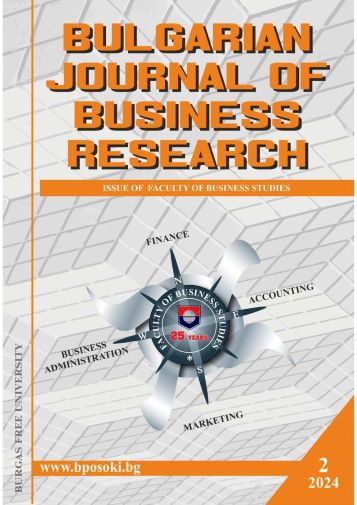ISLAMIC FINANCIAL LAW THROUGH THE EYES OF CONVENTIONAL AND ISLAMIC AUTHORS
ISLAMIC FINANCIAL LAW THROUGH THE EYES OF CONVENTIONAL AND ISLAMIC AUTHORS
Author(s): Sava Hristov DimovSubject(s): Economy, Law, Constitution, Jurisprudence, International Law, Theology and Religion, Islam studies, Contemporary Islamic Thought, Financial Markets, Socio-Economic Research, Comparative Law
Published by: Бургаски свободен университет
Keywords: Islamic financial law; Islamic jurisprudence; Islamic financial agreements; Mudarabah; Musharakah; Sukuk; Takaful.
Summary/Abstract: The author analyses the different interpretations of Islamic financial law. The object of research interest are the views of the first Islamic authors, such as Al-Ghazali, on the ethical foundations, the critique of materialism and the concept of risk sharing. A valuable source for understanding the unique aspects of Islamic jurisprudence are the publications of Frank Vogel and Samuel Hayes. The authors emphasize the specifics of Islamic contract law, permissible profit-sharing contracts, and collaborative partnerships. Jonathan Ercanbrack highlights the standardization of financial legal norms to modernize Islamic financial law. He highlights the role of legal systems and market forces in shaping modern Islamic models. In the period 2020-2024, important publications on Islamic finance law are offered by Mohammad Hassan, Ashraf Khan and Andrea Paltrinieri. The aim of their study is the synergy between sustainable development and the principles of Shari'ah Maqasid Al-Shariah. University publications and specialized studies in the Bulgarian financial literature are critically reviewed. Against the background of the sustainability of Islamic banking in Western European countries Miroslav Kamdzalov tests the attitudes towards the adoption of Islamic banking principles in Bulgaria. On his part, Kairat Koyshibekov examines stress testing of financial systems, and Sava Dimov tests the plausibility of his hypotheses about Islamic projections in the near and far future to 2050. Serious attention is paid to the legal aspects of Islamic products such as risk and performance sharing partnerships, financing through joint business structures, raising capital through Sukuk instruments and Takaful mutual financial support financing. The author advocates that legal and ethical precautions play a significant role against prohibited activities in the Islamic finance industry.
Journal: Бизнес посоки
- Issue Year: 35/2024
- Issue No: 02 EN
- Page Range: 5-25
- Page Count: 21
- Language: English

